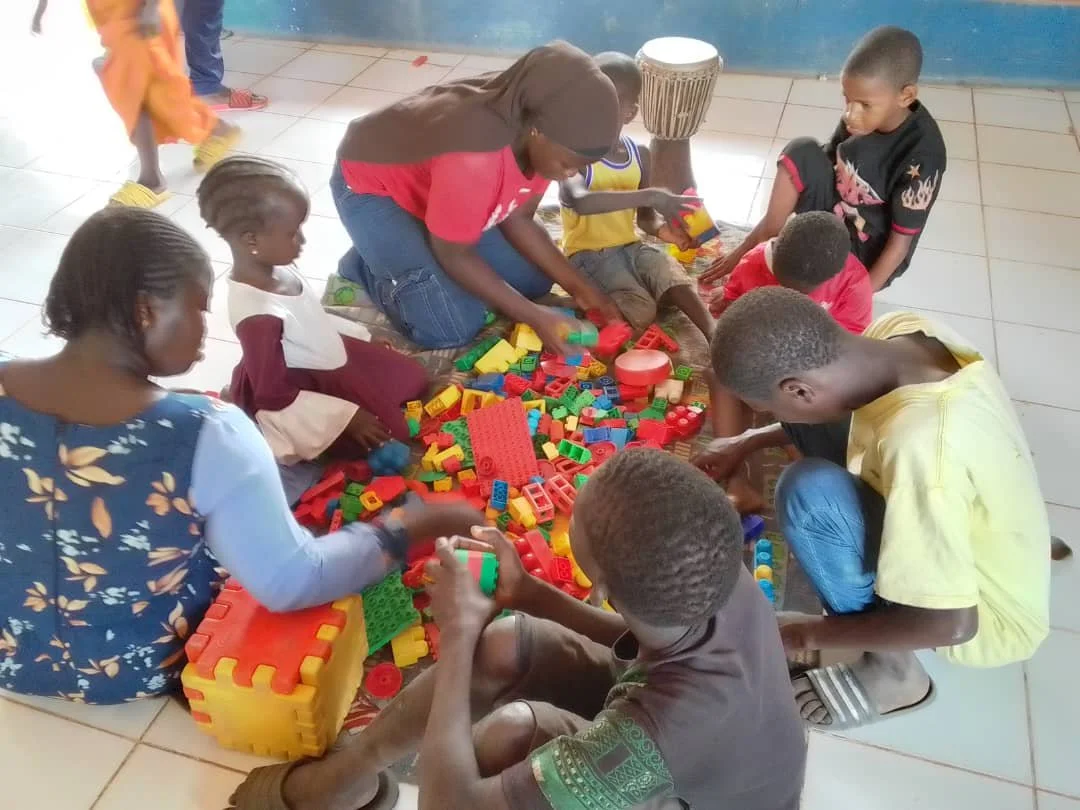This isn’t what you expect any parent to say of their own child. However, in many African communities, when the child in question is disabled, this is not unusual. We heard this particular statement from a father at our most recent Parent Support Meeting in Gunjur, The Gambia. But we have heard it before. And it matters – a lot – because it is these persistent and negative attitudes that isolate and disable people with impairments.
A country of contrasts: Kenya's forgotten children
Our thoughts this World Mental Health Day
Poverty tourism: harming the people you want to help
The Paralympics in Rio could change the way people think for good
Accessible buildings are very important, but they don’t lead to inclusion
Charities must stop creating objects of pity
7 reasons why play is at the heart of our work
This shocking statistic shows why more must be done for disabled people
There is a staggering statistic in The African Report on Children with Disabilities that shows that there is a lot of work to be done to create an inclusive society.
This is why we must stop searching for ways to say 'special needs'
Disabled people aren't 'Superhuman', let's stop saying it
We need to rethink the term 'special needs' - here's why
4 ways Disability Africa is changing lives
The UN Convention is a vision unrealised. Don't celebrate it just yet
It is ten years since the adoption of the UN Convention on the Rights of Persons with Disabilities. A landmark achievement in the international recognition of the rights of disabled people. Yet, in Ngwerere, a dispersed rural community in Zambia close to the capital Lusaka, only an extreme optimist could find evidence of any discernible difference made to the lives of disabled people in those ten years of the UN Convention...

